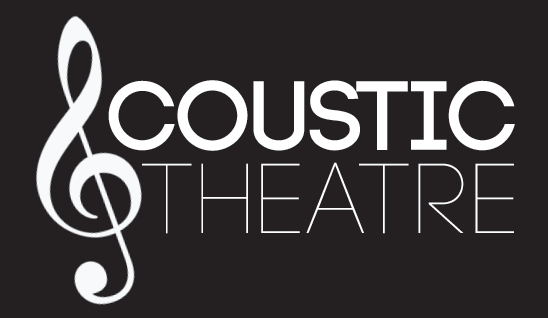Western Sydney artist, Shondelle, is an internationally certified intimacy director, coordinator and pedagog, and intimacy coordinator on Love & Faith (and something unholy). With a 30-year career in the arts, she has worked with some of Australia's leading theatre companies, with a focus on inclusion, accessibility and knowledge sharing.
Can you tell us how you first got involved in intimacy direction?
Sure! I work as a theatre maker, director, actor and choreographer. I think previous to the title 'Intimacy Director', a lot of the 'work' was covered by a multitude of talented people: directors, choreographers, wardrobe… but the structures weren't in place. When I was in New York on a directing fellowship I met an Intimacy Director called Claire Warden. She met me for a coffee and talked about the work she was doing – I was fascinated. When I came back to Australia, a woman call Ita O'Brien had been invited by Equity to do a series of workshops on ways of working with vulnerable scenes involving touch, nudity and simulated sex. I had the opportunity to learn from both these incredible advocates.
The work is still changing and evolving. There are so many different ways we work in the industry because we are a resource for the story, the artists, the director’s ideas and the needs of the crew. Initially, there was a lot of capacity building. That's why you may have many different experiences with Intimacy Directors. For some, it's choreography; other scenes may involve conversations around thematic content. An actor may be playing a character who is pregnant or giving birth so there may be breathing techniques or strategies that are offered to the actor to assist stepping in and out of the role.
It feels as though intimacy direction has become a more permanent fixture in the theatre landscape. Have you noticed a shift in the industry in the last 10 years?
Yes! The title has only been around for about eight years and even now, the work is evolving. What's great is that actors feel empowered to ask for what they need in order to do their best work. Crew are able to access services they need in order to work with shows that may have confronting thematic material. Everyone's needs are different. Productions are more aware of the importance of the emotional and physical resilience within their teams. Structures around vulnerable scene work should protect the most vulnerable in the room. Vulnerability for me as an artist, is not just knowing what I need, but also that I have the power to ask for it.
Why is this work so important to our industry?
If we want the artistic landscape in this country to reflect the inclusive, accessible, multigenerational stories that bring interesting, thought provoking, relevant work to the fore- we need to have systems in place to support that exploration.
What has been the highlight for you in working on Love & Faith?
What has been incredible is the talent, dedication and creativity of the cast and crew.
Why do Sydney audiences need to get a ticket to this production?
Firstly – support independent theatre! Secondly – support independent theatre!!

